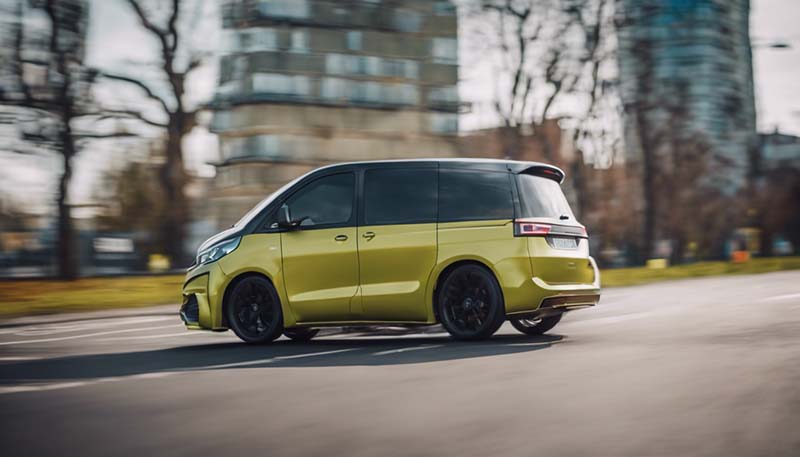Quickest 0-60 Times for New EVs
Welcome to the world of electric vehicles (EVs), where innovation and technology merge to provide a more sustainable and exhilarating driving experience. One of the most exciting aspects of EVs is their impressive acceleration, which has been a major selling point for many consumers. In this article, we will explore the quickest 0-60 times for new electric vehicles on the market, showcasing the top contenders in the electric sprinter category.
Understanding 0-60 Times
The 0-60 mph (miles per hour) time is a standard measurement used by the automotive industry to gauge a vehicle's acceleration capabilities. It measures the time it takes for a car to accelerate from a standstill to 60 mph. For electric vehicles, this figure is particularly important because they can deliver instant torque, resulting in rapid acceleration and a thrilling driving experience.
The Top Electric Sprinters
Here is a list of some of the fastest accelerating electric vehicles currently available:
Advertisement
-
Tesla Model S Plaid
The Tesla Model S Plaid is the reigning champion of electric acceleration, boasting a mind-blowing 0-60 time of just 1.99 seconds. This tri-motor, all-wheel-drive sedan is not only the quickest production EV but also one of the fastest production cars in the world.
-
Rimac C_Two
The Rimac C_Two is a Croatian hypercar with a 0-60 time of approximately 1.85 seconds, making it one of the fastest accelerating vehicles on the planet. This all-electric beast is powered by four electric motors, producing a combined output of 1,914 horsepower and 1,696 lb-ft of torque.
-
Tesla Model 3 Performance
With a 0-60 time of around 3.1 seconds, the Tesla Model 3 Performance is an excellent choice for those seeking a balance between performance and practicality. This all-wheel-drive sedan offers an impressive range and a comfortable, tech-filled interior.
-
Porsche Taycan Turbo S
The Porsche Taycan Turbo S is a luxury electric sedan with a 0-60 time of approximately 2.6 seconds. This all-wheel-drive vehicle showcases Porsche's commitment to performance and sustainability, offering a thrilling driving experience with a range of over 200 miles.
-
Lucid Air Dream Edition
The Lucid Air Dream Edition is an all-electric luxury sedan with a 0-60 time of around 2.5 seconds. This vehicle features an elegant design, a spacious interior, and a range of over 500 miles, making it a strong contender in the luxury EV market.
-
Tesla Model X Plaid
As the fastest accelerating SUV on the market, the Tesla Model X Plaid can reach 60 mph in just 2.5 seconds. This all-electric, all-wheel-drive SUV offers ample space for passengers and cargo, along with impressive performance and range.
Factors Affecting Acceleration
The acceleration of an electric vehicle is influenced by several factors, including:
- Motor Power: The power output of the electric motor(s) is a critical factor in determining acceleration. Higher power outputs generally result in quicker acceleration times.
- Torque: Electric vehicles can deliver instant torque from a standstill, which contributes to their rapid acceleration. Torque is the force that propels the vehicle forward.
- Vehicle Weight: Heavier vehicles require more energy to accelerate, so lighter vehicles tend to have quicker acceleration times.
- Battery Technology: Advanced battery technology allows for higher energy density and faster charging, which can contribute to better performance and acceleration.
- Aerodynamics: Improved aerodynamics can reduce drag, allowing the vehicle to accelerate more efficiently.
- Traction Control: Advanced traction control systems can optimize the distribution of power to the wheels, improving acceleration and handling.
Conclusion
The electric vehicle market is rapidly evolving, with new models being introduced regularly. As technology advances, we can expect to see even quicker acceleration times and improved performance from future EVs. The days of slow, boring electric cars are long gone, and the future is looking fast, exciting, and sustainable.

Comment Box